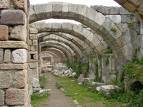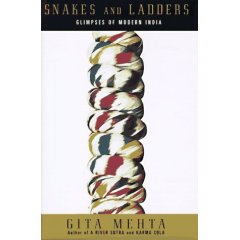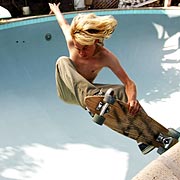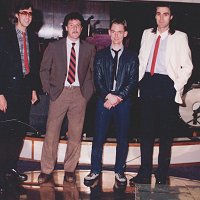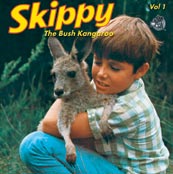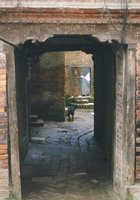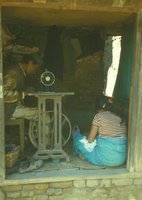DISCLAIMER II: Sorry people, there’re a few Australianisms in this one, let me know if a translation is necessary.
The holidays were no fun for someone with holes in his pockets.
“Fark!” screamed Harry as we slopped onto the muddy trench floor for the fifth time in as many minutes, “That one was real close … What do ya reckon, Stu? You think Fritz is lookin’ to join us for Christmas dinner?”.
“None of my business, H!,” I ventured with forced humour as I wiped mud and debris from my face and stumbled further along the trench, “I’ll be in St Patrick’s for midnight mass and Soho for an early pressie before Santa has even started loading-up. Give Gerry a kiss for me, though!”
“Lucky Bastard”, Harry laughed, and I mouthed a prayer for deliverance as another mortar exploded, sending us face-first into the filthy muck once again. With numb feet thanks to the cold water seeping through the holes in our boots, we scrambled off down the muddy line.
Later, we stopped to rest and I bummed-around for a smoke and a jiffy - like my boots, me pockets had finally given up the ghost the day before, and I’d lost me lighter and fags somewhere in no-man’s land, along with most of my ammo and me only photo of Jules. Bloody army!
As if he could read my thoughts, Harry, an unlit rolly hanging out of the corner of his mouth, complained loudly, “How the hell are we supposed to fight a bloody war in the snow without any decent clobber?” He held up his soaking, mud-caked sock which he’d received in his red-cross parcel three days before; the label read, “Knitted by the Griffith Ladies Auxiliary for Our Boys in Wipers”. Poking three fingers through three separate holes, he grinned, “I reckon Stu’s missus must’ve knitted these … probably reminded her of her Old Man’s brain”.
That earned him a few good-natured grunts, but I wasn’t really up to humouring anyone. The shells were going off almost every other minute, and were definitely nudging closer. All I could think about was getting out of that muddy hell-hole and onto a boat for London by nightfall. I was bloody lucky to have been given Christmas off, my first holiday since arriving in The Somme four months earlier; I was exhausted and cold, my ears were shot, I had lice and foot-rot and I hadn’t slept in days. I was desperate to get back home to Jules, but until then, London was gonna have to do. Just a few more hours…
“Look out, Joe!” We all hit the mud again as a shell exploded right on top of us, blowing half the trench apart only yards from where we’d been sitting. I looked up and waited for the smoke to clear, and despite the buzzing in me ears, I still caught the guttural screams of a dozen berserk Germans as they roared down upon us. As usual, Harry was there first, letting fly with his rifle and sending one of them screaming onto his back. I was right behind him, with a similar result but was vaguely aware of Stevo going down beside me. I fired again and set off towards the ‘krauts who were retreating off into the muck.
I slid along in pursuit, but pulled-up short when I rounded a corner and stood facing a lone German. He was fumbling in his pocket for bullets and I shouldered my rifle and fired…
“click”.
I remember what followed in minute detail. I reached into my own pocket for bullets and felt cold daylight on my finger tips as they protruded through the holes. With a sudden chill, I charged forward, my bayonet poised, but I knew it was hopeless when he raised his rifle. As I dove into the mud, I felt the hot, painful tug in my shoulder. My last memory was a blurred Harry, followed by the blood-curdling crunch of steel on bone as he drove his bayonet through the poor bugger’s ribs.
I lay unconscious in the mud for eight hours while the Germans came at us in waves. Harry, with two broken ribs, carried me three miles to the field hospital where, on Christmas day, they removed my right arm. Not quite the holiday I’d been looking forward to, but at least I was goin’ home.

Allied soldiers in the trenches in The Somme. Pic: www.channel4.com
